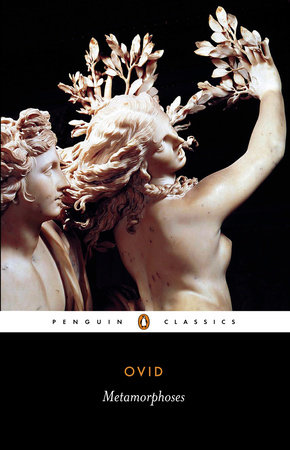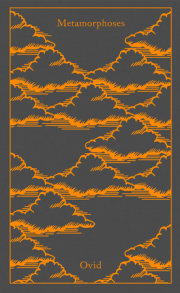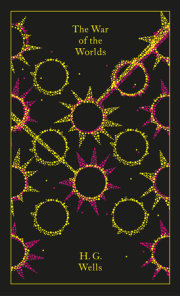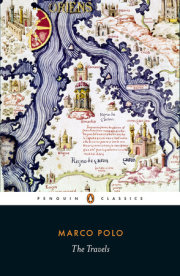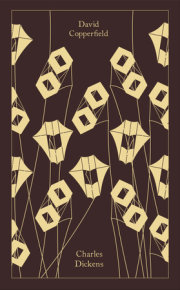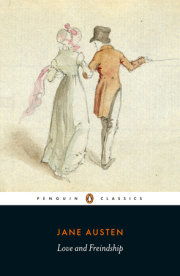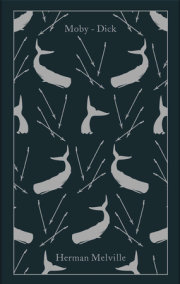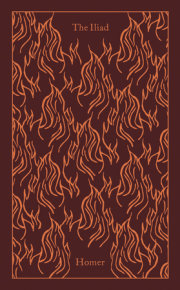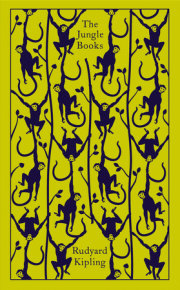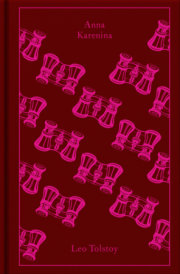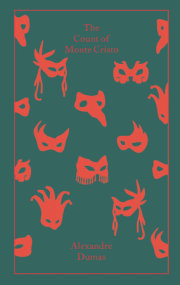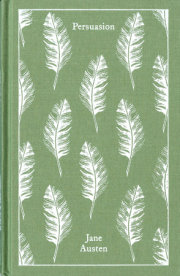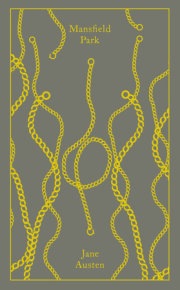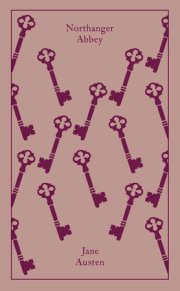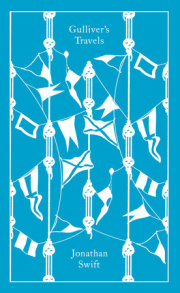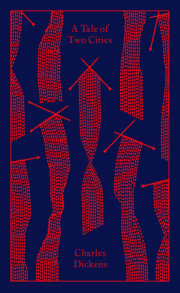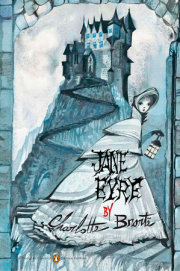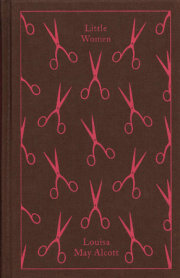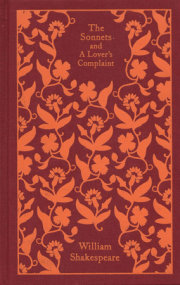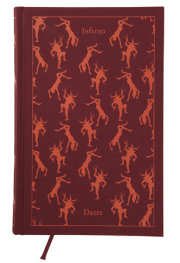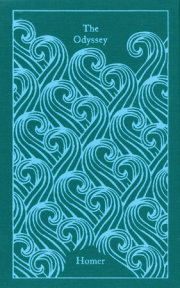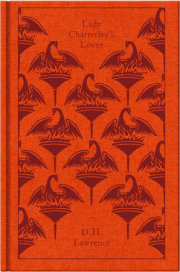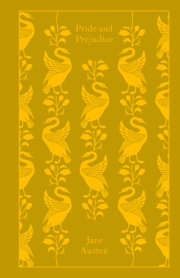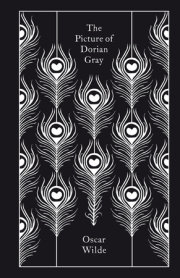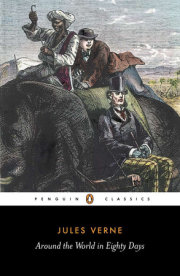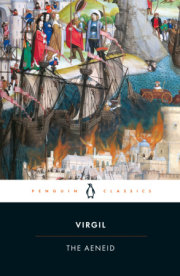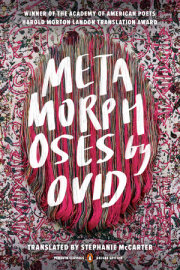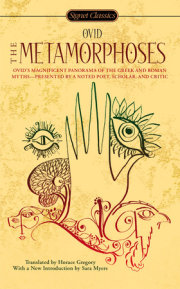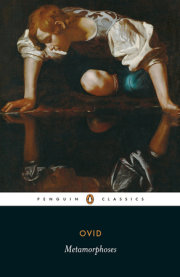MetamorphosesPreface
Chronology
Introduction
Further Reading
Translator's Note
Metamorphoses
Book 1
Prologue - The Creation - The Four Ages - The Giants - Lycaön - The Flood - Deucalion and Pyrrha - Python - Daphne - Io (1) - Interlude: Pan and Syrinx - Io (2) - Phaëton (1)
Book 2
Phaëton (2) - Callisto - The Raven and the Crow - Ocyrho#235; - Battus - Aglauros - Europa
Book 3
Cadmus - Actaeon - Semele - Teiresias - Narcissus and Echo - Pentheus and Bacchus (1) - Acotetes and the Lydian Sailors - Pentheus and Bacchus (2)
Book 4
The Daughters of Miniyas (1) - Pyramus and Thisbe - Mars and Venus - Leucotho#235; and Lyti#235; - Slmacis and Hermaphroditus - The Daughters of Miniyas (2) - Ino and Athamas - Cadmus and Harmonia - Perseus (1)
Book 5
Perseus (2) - Minerva and the Muses - Calliope's Song: The Rape of Proserpina; Arethusa; Triptolemus and Lyncus - The Daughters of Pierus
Book 6
Arachne - Niobe - The Lycian Peasants - Marsyas - Pelops - Tereus, Procne and Philomela - Boreas and Orithyia
Book 7
Medea and Jason - The Rejuvenation of Aeson - The Punishment of Pelias - Medea's Flight - Theseus and Aegeus - Minos and Aeacus - The Plague at Aegina - The Birth of the Myrmidons - Cephalus and Procris
Book 8
Scylla and Minos - The Minotaur and Ariadne - Daedalus and Perdix - Meleäger and the Calyydonian Boar - Acheloüs, the Naiads and Perimele - Philemon and Baucis - Erysichthon
Book 9
Acheloüs and Hercules - Hercules and Nessus - The Death of Hercules - Alcmena and Galanthis - Dryope - Iolaüs and Callirhoë's Sons - Miletus - Byblis - Iphis
Book 10
Orpheus and Eurydice - Cyparissus - Orpheus' Song: Introduction; Ganymede; Hyacinthus; The Cerastae and Propoetides; Pygmalion; Myrrha; Venus and Adonis (1) - Venus' Story: Atalanta and Hippomenes - Orpheus' Song: Venus and Adonis (2)
Book 11
The Death of Orpheus - The Punishment of the Maenads - Midas - Laömedon's Treachery - Peleus and Thetis - Peleus at the Court of Ceÿx (1) - Ceÿx's Story: Daedalion - Peleus at the Court of Ceÿx (2) - Ceÿx and Alcyone - Aesacus
Book 12
The Greeks at Aulis - Rumour - Cycnus - Achilles' Victory Celebration - Caenis - The Battle of the Lapiths and Centaurs - Periclymenus - The Death of Achilles
Book 13
The Judgement of Arms - Ajax's Suicide - The Fall of Troy - The Sufferings of Hecuba - Memnon - The Wanderings of Aeneas (1) - The Daughters of Anius - The Daughters of Orion - The Wanderings of Aeneas (2) - Acis, Galatea and Polyphemus - Glaucus and Scylla (1)
Book 14
Glaucus and Scylla (2) - The Wanderings of Aeneas (3) - The Sibyl of Cumae - Achaemenides' Story: Ulysses' Men in Plyphemus' Cave - Macareus' Story: Ulysses and Circe; Picus, Canens and Circe - The Wanderings of Aeneus (4) - The Mutinous Companions of Diomedes - The Apulian Shepherd - The Ships of Aeneus - Ardea - The Apotheosis of Aeneus - Aeneus' Descendants - Pomona and Vertumnus - Iphis and Anaxarete - Romulus - The Apotheosis of Romulus
Book 15
Myscelus - Pythagoras - Egeria and Hippolytus - Tages, Romulus' Spear, Cipus - Aesculapius - The Apotheosis of Julius Caesar- Epilogue
Notes
Glossary Index
Map of Ovid's Mediterranean World

